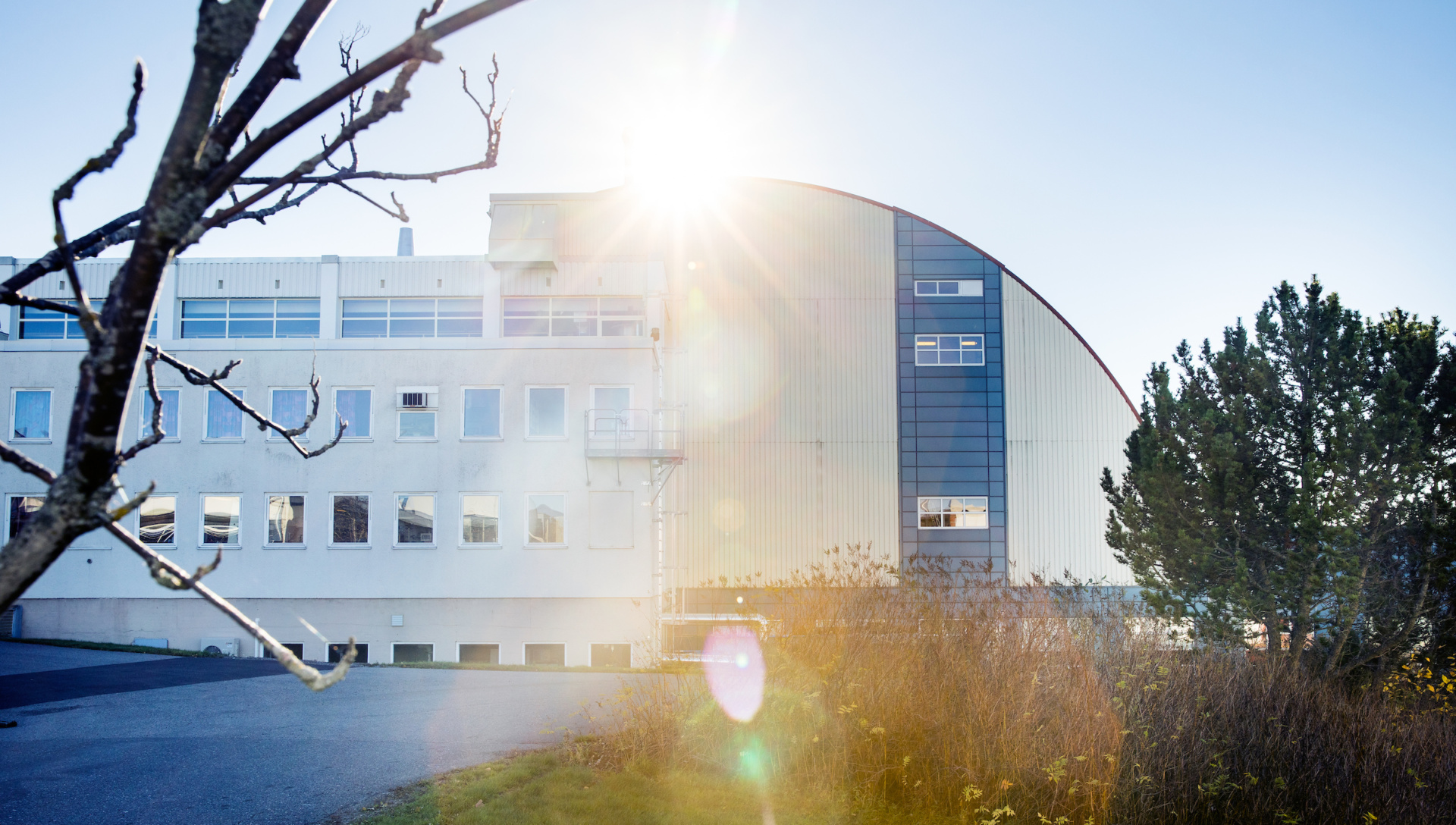Since 1948 IFE has worked in close cooperation with the industry to find new and more sustainable solutions for production of energy. It all began with nuclear power for IFE, with the world’s sixth nuclear reactor. This has provided insights and opportunities for our scientists and engineers few others have been privileged with. But over the years we have developed and become much more than a knowledge centre for nuclear power.
Today IFE is one of Norway’s largest energy research institutes. The Paris Agreement and the climate crisis require us to provide solutions that make the production and use of energy more sustainable than today. When the oil and gas industry will be electrified and climate emissions are reduced, IFE will be central in the work to find and develop the new solutions. Solutions such as floating wind turbines, hydrogen systems and carbon capture and storage. New technology that can provide a more effective way to replace natural gas turbines and use of fossil energy on the offshore platforms in the North Sea than land-based power cables.
We also work intensively with solutions that will capture emissions before they become a problem, and develop safe solutions to store CO2 in the depths on the Norwegian continental shelf.
Tailored for industry
IFE collaborates with many large Norwegian and international companies to improve processes and make the industry more efficient, so it is competitive on a global scale. Our experience from sensor technology in reactors enables us to keep track of and anticipate the need for maintenance before something goes wrong.
Today we make digital twins of industrial processes, for example of Hydro’s aluminium production process. This way, solutions for cutting energy consumption and improving production efficiency can be tested out in a nearly identical digital environment, without large investments, before they are introduced to normal operations. This way, the industry can try out new solutions, while still keeping up full production.
We also work closely with one of Norway’s largest hospitals, Rikshospitalet and the regional medical company Helse Sør-Øst (Health Region South-East) in projects where we use fluid flow physics and advanced modelling that historically was developed for the oil and gas sector. We create simulators that the doctors can use to personalize the treatment, which gives a better effect of the drugs and a more appropriate dose for each patient.
The renewable revolution
We are the leading environment in Norway when it comes to development of new renewable solutions. Our battery technology work is world-leading, which is why the largest battery manufacturers in the world are now looking towards Norway and IFE. We research solutions that can triple to five-fold the range of electric cars and reduce the risk of fire in today’s mobile phones to a fraction.
Another exciting project is the development of new algorithms that analyse data from real-time solar cells. Better analysis provides accurate troubleshooting, better maintenance and less downtime. Together with Scatec Solar, Equinor and Predictor, we work at forecasting when solar modules should be washed to increase the effect. This strengthens the competitiveness of solar energy.
When the robots in production, sensors and databases are connected to the web and developed to become self-learning, we get an “Internet of Things” (IoT). IFE digital systems build on well-known and good industrial competence. We can provide a strong professional environment, a specialised contributor, among other things, for the work of defining frameworks for what the machines shall do and in building digital and automated supervision of the processes.
We are researching for a better future and our efforts contribute so the Norwegian and international industry can be a driving force in global development for smart, future-oriented and sustainable solutions.
Departments
Applied Data Science
Battery Technology
Flow Technology
Computational Materials Processing
Environmental Industrial Processes
Humans and Automation
Renewable Energy Systems
Reservoir Technology
Solar Energy
Tracer Technology

